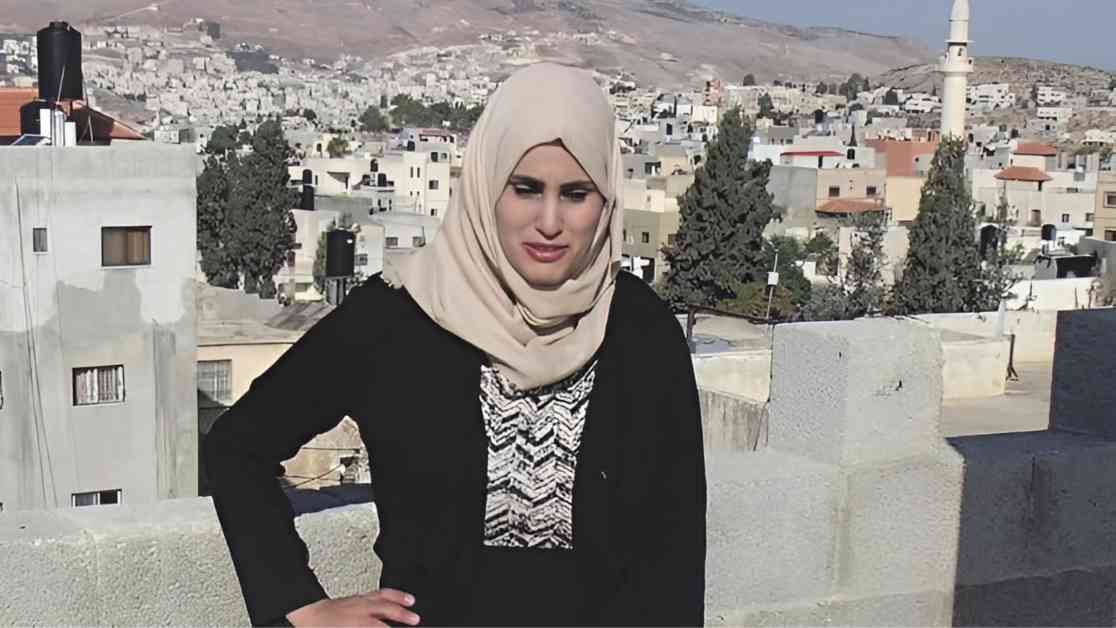Education is a powerful tool that can liberate individuals from various challenges. This is evident in the story of Yasmeen Eshtaya, a Palestinian teacher who emphasizes the importance of language in bridging cultural barriers. She believes that learning Arabic and Hebrew can foster understanding and reduce animosity between Israelis and Palestinians. Despite facing personal tragedies due to the Israeli military occupation, Yasmeen remains committed to seeking peace and dialogue with Israelis.
Yasmeen’s work as an online Arabic teacher has connected her with individuals like Amber Williams, an education worker and activist from Bristol. Their shared love for languages and mutual experiences of parental loss have brought them together, highlighting the role of education in building bridges between different communities. Amber’s family’s involvement in supporting the Palestinian cause, particularly through the Nina Franklin Fund, reflects a long-standing commitment to fighting oppression and injustice.
Amber’s visit to the West Bank exposed her to the challenges faced by Palestinian educators, including the destruction of schools by the Israeli military. Despite these obstacles, she believes in the empowering nature of education and its ability to resist oppressive forces. The repeated demolitions of Palestinian schools are seen as a deliberate attack on the education system, a form of ‘scholasticide’ aimed at stifling educational opportunities for Palestinians.
In response to these challenges, Yasmeen, Amber, and other activists believe that education is a key pathway to creating meaningful change in the region. By supporting initiatives like the Nina Franklin Fund and forging connections between Palestinian and British educators, they aim to empower communities and promote dialogue and understanding. Their efforts highlight the transformative power of education in overcoming conflict and building a more equitable future for all involved.
The story of Yasmeen and Amber’s partnership underscores the importance of grassroots collaborations in addressing complex social and political issues. Through their shared commitment to education and peacebuilding, they exemplify how individuals from diverse backgrounds can work together to create positive change. By amplifying their voices and supporting their initiatives, we can contribute to building a more inclusive and compassionate world where education serves as a pathway to liberation and empowerment for all.













